NATS is launching an online experiment for requesting a transit through Class D airspace. The online system will start on 1 January 2018 and initially apply around London. It will run for six months while NATS evaluates how it’s working.
“This new online tool will provide the ability to ‘pre-notify’ ATC of any potential Class D airspace transit request,” says NATS. “Pilots who are intending to request a crossing clearance will be encouraged to ‘file’ their details on the day of the intended flight.
“This will have several advantages for both ATC and pilots,” continues NATS. “Reduce the RTF (Radiotelephony Frequency) loading when requests are made, and reduce ATC workload and therefore make more efficient use of the airspace.”
The Class D airspaces involved in the trial are:
- Stansted CTA /CTR
- Luton CTA/CTR
- London (Heathrow) CTR (Outer)
- Gatwick CTA/CTR
- London City CTA/CTR.
Radio call still required
However, as the AIC makes clear, an online submission does not constitute a clearance to cross Controlled Airspace (CAS). The pilot must still make a radio call to the relevant unit, saying, “G-ABCD, request transit, as filed.”
“ATC will acknowledge the transmission and consider the request. If possible, and depending on traffic, workload etc, an ATC clearance or alternative clearance will be then provided, which if acceptable to the pilot shall be read back in full,” reads the AIC.
“The aircraft must remain outside any CAS until such time as ATC have provided a clearance and it has been acknowledged and read back by the pilot.”
Pilots will still be able to freecall ATC and request a transit. The online system does not replace the existing method but will be available in addition. There’s no cost to airspace users and the evaluation period is being fully funded by NATS.
The online transit booking system will be available through the Airspace Users Portal at https://aup.nats.aero More details in AIC Y 095/2017.
NATS has an FAQ section here.


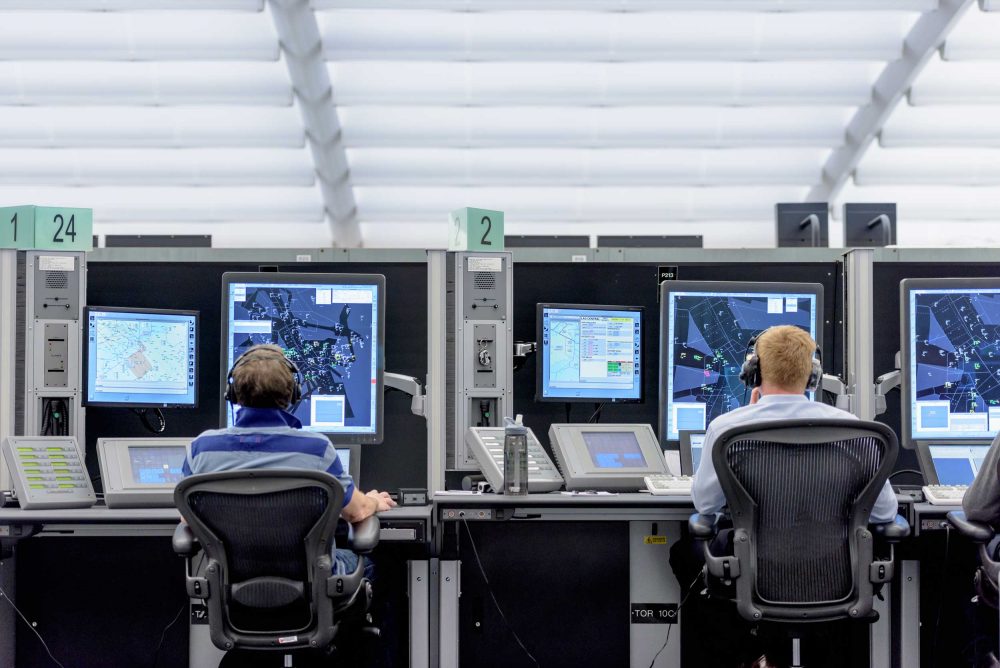
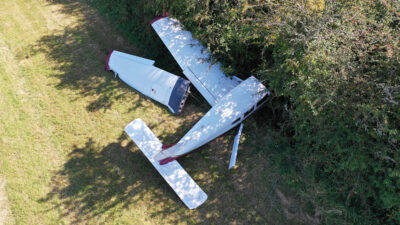



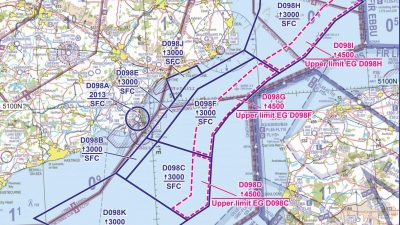
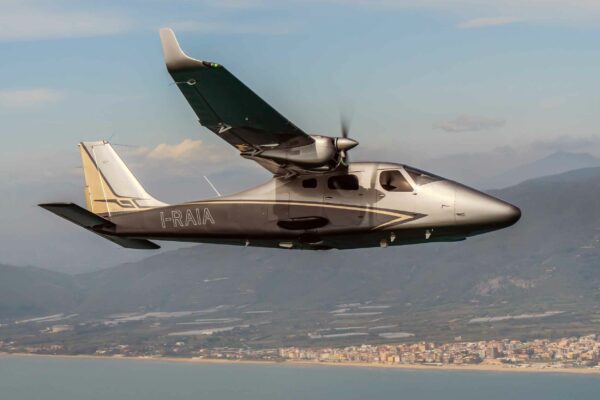



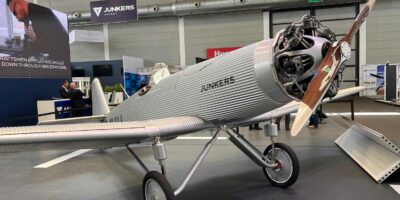
8 comments
Is it just me, but does none of this idea make any sense if you still have to call up the ATC anyway; and in any case what is wrong with that?. If there is too much workload for the ATC staff, then their employers should get more of them, or alternatively not have so much Class D.
I don’t think the staff at NATS realise that private pilots fly for FUN.
It does make sense…it makes it easier for the controller to have all the information there, and it makes the frequency load decrease….this way you don’t have to tell the story of you life to get a clearance so the time other people have to wait to have the frequency free to request a service is less too. So they can help more people with less workload. It does not really matter if you fly for fun or commercially…the responsibly once in the air is the same, as the risks are the same.
Stu, those controllers are very expensive, and paid for ultimatley by us from taxes, so if they can be used mor efficiently and hence not cost us more, then I am very happy with that!
It will never reduce the cost to the second class pilots. I will need to change 5 radios once they have finished kicking the can down the road. I have a lot of time for controls in the south east. However class D airspace at Southend ????
There is no need to give your life story. a brief call asking for traffic and transit has worked for me for years. When they allocate a squawk they get your life story then.
Private pilots don’t just fly for fun! Many use their highly capable aircraft for the purpose they were designed for, a serious mode of reliable transport.
I don’t see the point of filing a VFR flight plan every time it may be advantageous to transit controlled airspace.
It’s a fantastic idea, all it can do is make things easier for everybody aaaaand, it’s not mandatory either so nothing changes…..if you don’t want it to.
I will certainly be using it, 30 seconds on the interwebernet on the ground versus time in the air with a higher work load, a no brainer. Anything that reduces workload, airtime etc has got to be a good thing.
Wonder if they will then still forget one is there! The one time I tried to cross Class D was with an instructor who had briefed me and got me to repeat everything many times so as not to waste airtime. I got it right and was naturally put on standby. Having got tired of orbiting and it being time to return I called up the Class D to say that I was going away. There was an ‘oops’ followed by an apology. They had forgotten me! I would have thought their radar would have shown this little bit orbiting just on the edge of their airspace and made them wonder what it was doing.
I quite often cross the Luton Zone. They are usually very helpful. During a recent trial I gave advance notification by phone on a number of occasions. It worked well ; it saved some RT chatter and reduced controller workload.
I applaud the idea; it’s no more than PPR for a control zone. What’s the problem?